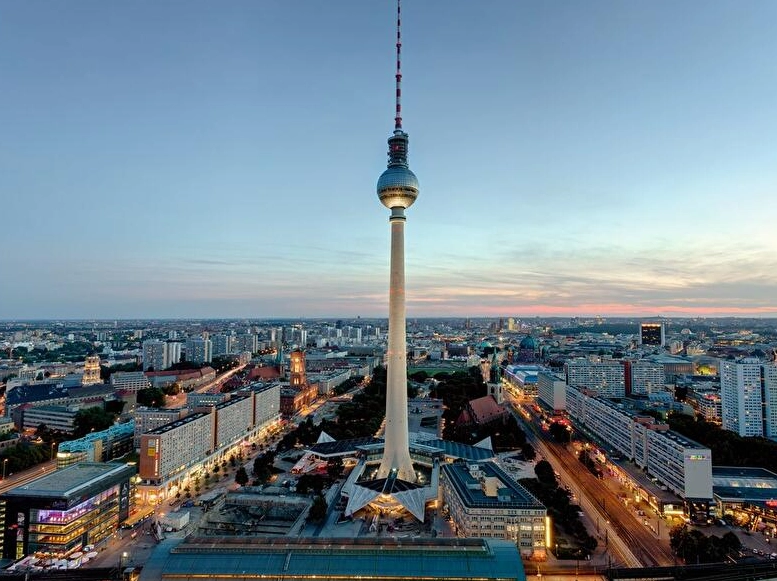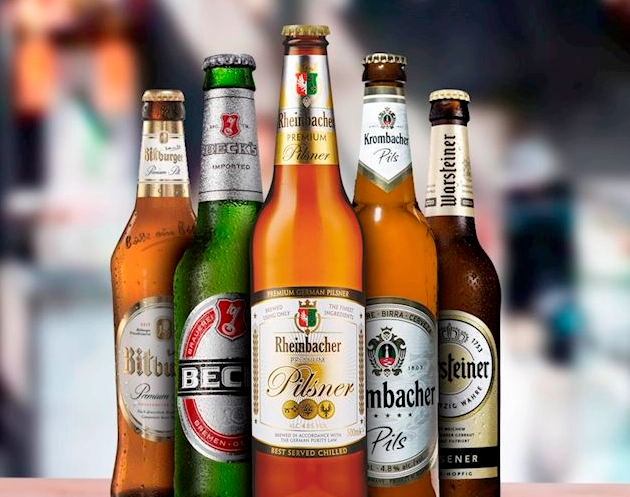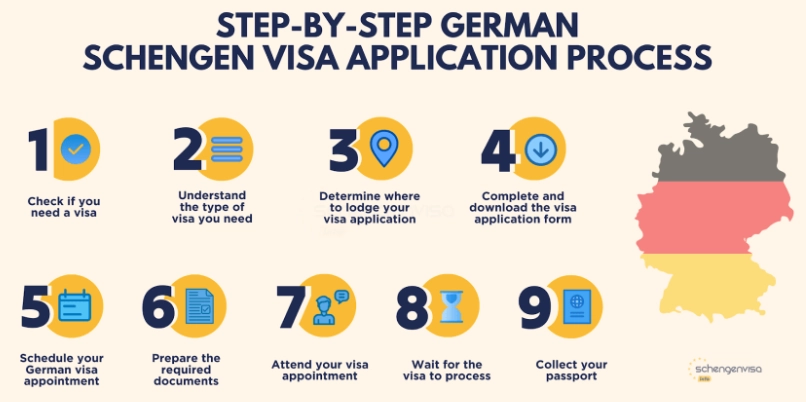Even with a swift clarification, the stock price of Heartflow Medical (688016.SH) continued to plummet.
On August 21, Heartflow Medical's stock fell by 2.31%, closing at 81.33 yuan, hitting a historical low. The previous day, the stock plummeted by 13.89%, and the decline in August has exceeded 18%.
Earlier on August 19, the National Healthcare Security Administration (NHSA) sent an inquiry letter to the company, questioning the pricing of its Castor stent product, which has a factory price of 50,000 yuan but is sold at the terminal price of 120,000 yuan. Subsequently, Heartflow Medical urgently clarified, stating that it had reported and communicated with relevant departments of the NHSA and local healthcare security bureaus, and had promised to reduce the price of the Castor product and the preliminary extent of the reduction.
The significant difference between the factory price and the final selling price raises the question of who is "sharing the spoils"? According to the First Financial Daily reporter, in the past three years, the revenue from aortic stent products such as the Castor stent has accounted for as much as eighty percent of the company's total revenue, becoming an important driving force for high performance growth. The gross margin of such products is also higher than the industry average.
Heartflow Medical mainly sells through a distribution model and is currently quite dependent on top distributors. In 2023, the sales to the top five customers of Heartflow Medical reached as high as 974 million yuan, accounting for more than eighty percent of the annual sales total. Among them, Shanghai Zhanxiang and Jiashi Kangyuan, two distributors, entered the top five customers of Heartflow Medical for the first time in 2023, and the main transaction products both included the aforementioned Castor stent. Unlike ordinary distributors before, these two distributors are regional general distributors, who buy out the products from the company and distribute them to ordinary distributors, and then sell them to the hospital terminal, thus extending the sales chain.
Industry insiders believe that the extension of the chain may to some extent raise the final selling price. Due to relatively less public information, the reasons for the large difference between the factory price and the final selling price still need to wait for Heartflow Medical to further reply to the inquiry letter.
Selling at 120,000 yuan with a factory price of 50,000 yuan, the continuous decline in Heartflow Medical's stock price is related to the recent controversy over the high product prices.
On the evening of August 19, the NHSA sent an inquiry letter to Heartflow Medical, mentioning that the bureau had received continuous public complaints reflecting the high price of the company's Castor stent. After preliminary verification and inquiry of public information, the factory price of the company's Castor stent (200mm length) is about 50,000 yuan, and the price supplied to medical institutions through agents exceeds 120,000 yuan. After a preliminary discussion, Heartflow Medical proposed a price adjustment plan, but did not change the fact that the price difference significantly exceeds the necessary range.
In response, the NHSA requires Heartflow Medical to explain the factory price, terminal price of the Castor stent, as well as the cost composition of R&D investment, production manufacturing, and period expenses.On August 20th, HeartFlow Medical announced that in the first half of 2024, the company had reported and communicated with relevant departments of the National Healthcare Security Administration and local medical insurance bureaus. In conjunction with the pricing systems of similar products in the industry, they provided preliminary responses and explanations to the inquiries raised in the letter. They also committed to a price reduction for the Castor product and a preliminary reduction range, and expressed a willingness to further reduce prices within the scope of the centralized procurement rules in the future.
As of now, regarding the multiple issues mentioned in the inquiry letter, HeartFlow Medical stated that they are still in the process of further communication and preparing responses.
A Significant Increase in Performance
Behind the price dispute, First Financial noticed that aortic stent products such as the Castor stent have been a significant driving force behind HeartFlow Medical's performance growth in recent years.
According to disclosures, in the first half of 2024, HeartFlow Medical is expected to achieve operating income of 777 million to 808 million yuan, an increase of 25% to 30% year-on-year. The net profit is expected to be between 391 million and 419 million yuan, an increase of 40% to 50% year-on-year. From 2021 to 2023, the company's net profits were 316 million yuan, 357 million yuan, and 492 million yuan, with year-on-year growth rates of 47.17%, 12.99%, and 37.98%, respectively.
In the recently disclosed semi-annual earnings forecast, HeartFlow Medical attributed the high growth to products such as the Castor stent.
HeartFlow Medical stated that the Castor stent is the world's first and the first in the country to be approved for marketing, a stent that can simultaneously achieve endovascular repair of the aorta and the supra-arch branch arteries through minimally invasive treatment. During the reporting period, the company's innovative products such as the Castor stent, Minos abdominal aortic stent and delivery system, etc., have seen a rapid increase in the number of hospitals and terminal implantations, which has driven the steady growth of the company's sales revenue and profits.
In fact, aortic stent products such as the Castor stent are also key to HeartFlow Medical's high profit growth. According to First Financial's analysis of the financial reports, from 2021 to 2023, HeartFlow Medical's sales revenue from aortic stent products continued to increase, amounting to 566 million yuan, 734 million yuan, and 940 million yuan, respectively, accounting for approximately 83%, 82%, and 79% of the total revenue for each year.
The gross margin of these products is also higher than the industry average. According to the financial reports, from 2021 to 2023, the gross margin of HeartFlow Medical's aortic stent products was 79.63%, 76.08%, and 77.37%, respectively.
Compared with peer companies, HeartFlow Medical's sales gross margin also belongs to the top echelon. Choice data shows that the industry average (weighted method) for the "Pharmaceutical and Biomedical - Medical Devices" sector, to which HeartFlow Medical belongs, was 50.41% in the first quarter of 2024.Do Distributors Also Get a Slice of the Pie?
The significant price difference between the ex-factory price and the sales terminal price is related to the sales model of Xinmai Medical.
According to the financial report for the year 2023, Xinmai Medical mainly sells its products through a distribution model. In 2023, the company's operating income obtained through the distribution model was 1.187 billion yuan, accounting for approximately 100% of the annual revenue.
In addition, the company is also quite dependent on top distributors. In 2023, the sales to the top five customers of Xinmai Medical amounted to 974 million yuan, accounting for 82.06% of the annual sales total. Among them, two distributors are affiliated with listed companies in the industry, and the main transaction products include the aforementioned Castor stent.
As disclosed, in 2023, the company's largest customer was Shanghai Zhanxiang Medical Device Technology Development Center (Limited Partnership) (hereinafter referred to as "Shanghai Zhanxiang"), with sales of 367 million yuan, accounting for 30.94%. According to data from Qichacha, Shanghai Zhanxiang is held 99% by Jiuzhoutong Medical Device Group Co., Ltd., which in turn is held 81.42% by Jiuzhoutong Pharmaceutical Group Co., Ltd. (600998.SH).
The fourth largest customer in 2023 was Shenzhen Jiashi Kangyuan Medical Device Co., Ltd. (hereinafter referred to as "Jiashi Kangyuan"), with sales of 87.63 million yuan, accounting for 7.38% of the annual sales. It is disclosed that Jiashi Kangyuan is a historical stock customer of Xinmai Medical and is a subsidiary of Jiashi Tang (002462.SZ) Group.
The above two distributors entered the top five customers of Xinmai Medical for the first time in 2023. In the recent reply to the annual report inquiry letter from the Shanghai Stock Exchange, Xinmai Medical disclosed that the main products of the transactions with Shanghai Zhanxiang and Jiashi Kangyuan include the Castor branched aortic covered stent and delivery system.
As a manufacturer, what is the cooperation model between Xinmai Medical and distributors? How is the interest of distributors guaranteed? First Financial contacted Shanghai Zhanxiang and Jiashi Kangyuan by phone. Shanghai Zhanxiang's number showed as out of service, and a staff member of Jiashi Kangyuan said on the phone that they could not confirm the identity of the reporter and could not answer.
The content of the reply to the annual report inquiry letter can roughly outline the cooperation path between Xinmai Medical and the above two distributors. Xinmai Medical stated that in recent years, it has gradually strengthened cooperation with new regional general distributors, that is, on the basis of the "company → ordinary distributor → terminal hospital" sales model, it has gradually increased the regional general distributor link, and then transformed into the "company → regional general distributor → ordinary distributor → terminal hospital" method. Under the ordinary distribution model, ordinary distributors buy out the products from the company and sell them on their own. Ordinary distributors generally sell the company's products directly to terminal hospitals or the procurement platforms designated by terminal hospitals, with only a small number of distributors expanding downstream secondary distributors. Under the regional general distribution model, regional general distributors buy out the products from the company and distribute them to ordinary distributors, and their downstream ordinary distributors are all designated and authorized by Xinmai Medical.
The pricing method for transaction products is determined in consultation with customers based on the cost-plus principle, combined with the market price of similar products, market competition, brand value, and other factors.However, Cardiovascular Medical has not disclosed the specific pricing of distributors and market prices.
A medical industry insider told Yicai that for Cardiovascular Medical, joining a strong regional general distributor can improve operational efficiency to some extent. But the sales chain has also become longer, which may lead to price markups at each level. It is currently difficult to determine the specific reasons for the large difference between the ex-factory price and the final selling price, and it is necessary to wait further for Cardiovascular Medical's response to the inquiry letter.





























